Stuart Auld – Daphnia captain
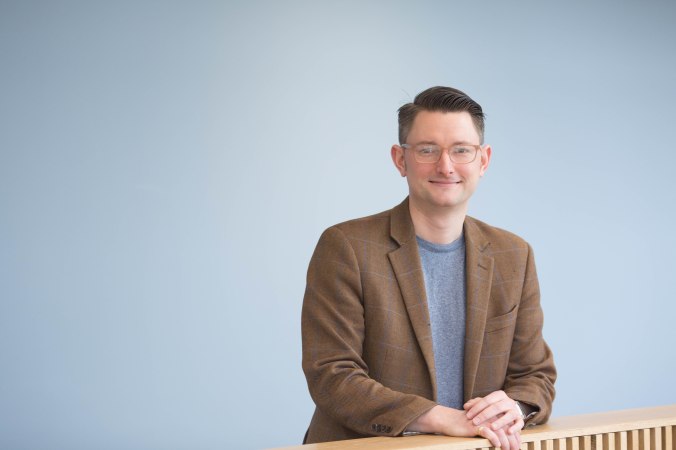
I am an evolutionary ecologist interested in disease. My current work focuses on how environmental variation affects the disease cycle – epidemiological and coevolutionary dynamics both within and across epidemics – and uses a naturally coevolving freshwater crustacean and its sterilising bacterial parasite (Daphnia magna and Pasteuria ramosa).
Other projects involve the paradox of sex, (i.e., why sex is the dominant mode of reproduction (as opposed to asexual reproduction) when it is so costly) and the effects of acute and chronic radiation exposure on life history evolution.
My research approach fuses controlled lab experiments, outdoor semi-natural mesocosm (pond) experiments, field surveys and simulation modelling.
A short history of my antics:
June 2019-present: Lecturer in Evolutionary Ecology at the University of Stirling.
June 2014 – June 2019: NERC Independent Research Fellow at the University of Stirling.
January 2013 – June 2014: Impact Research Fellow at the University of Stirling.
January 2011 – December: 2012 Postdoctoral Researcher at the Georgia Institute of Technology, with Meghan Duffy.
2007 – 2011: PhD at the University of Edinburgh, with Tom Little.
2003 – 2007: BSc (1st class) and MSc at the University of Sheffield.
Email: s.k.auld@stir.ac.uk
Follow me on twitter: @StuAuld
Office phone number: +44 (0)1786 467857
Teaching
The Evolution of Sex and its Consequences (Course leader)
Immunology & Disease (Course leader: Dr Matthew Tinsley)
Committees and editorial duties
Biological & Environmental Sciences Equality and Diversity committee
Associate Editor: Evolutionary Ecology
June Brand – Lab Technician
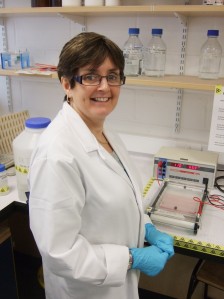
June runs the lab, solves many problems, and does lots of lovely microsat genotyping.
Jessica Goodman – PhD Student
Jess’s research focuses on understanding the effects of chronic radiation on Daphnia pulex. She has been investigating the effects of radiation on life history in replicate natural populations collected from within and outside the Chernobyl exclusion zone (CEZ) in July 2015. Future plans involve exploring the effects of radiation on these populations across generations of Daphnia using a controlled irradiation facility based at Stirling University (lead supervisor – Prof. David Copplestone).
Sam Paplauskas – PhD Student
Sam’s research will be all about forecasting the future of disease. Specifically, he will focus on how environmental factors affect the the ecology, (co)evolution and epidemiology of infectious disease in natural populations. This research will take place using the freshwater crustacean, Daphnia magna, and its bacterial parasite and take advantage of a combination of approaches, including laboratory work to identify drivers of disease, semi-natural outdoor experiments and mathematical models (co-supervisor Dr Thakeray, CEH Lancaster).
We are funded by:
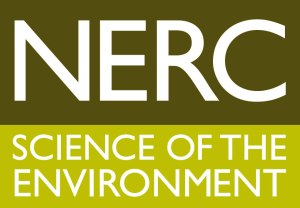
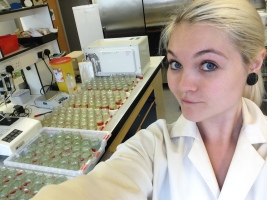
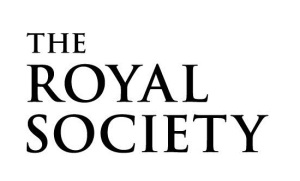

I read and very much enjoyed your post in defense of basic research. It’s so true and yet those doing applied research have such an easier time convincing people of the ‘whys’ of their work.
We can all take a less from your post 🙂